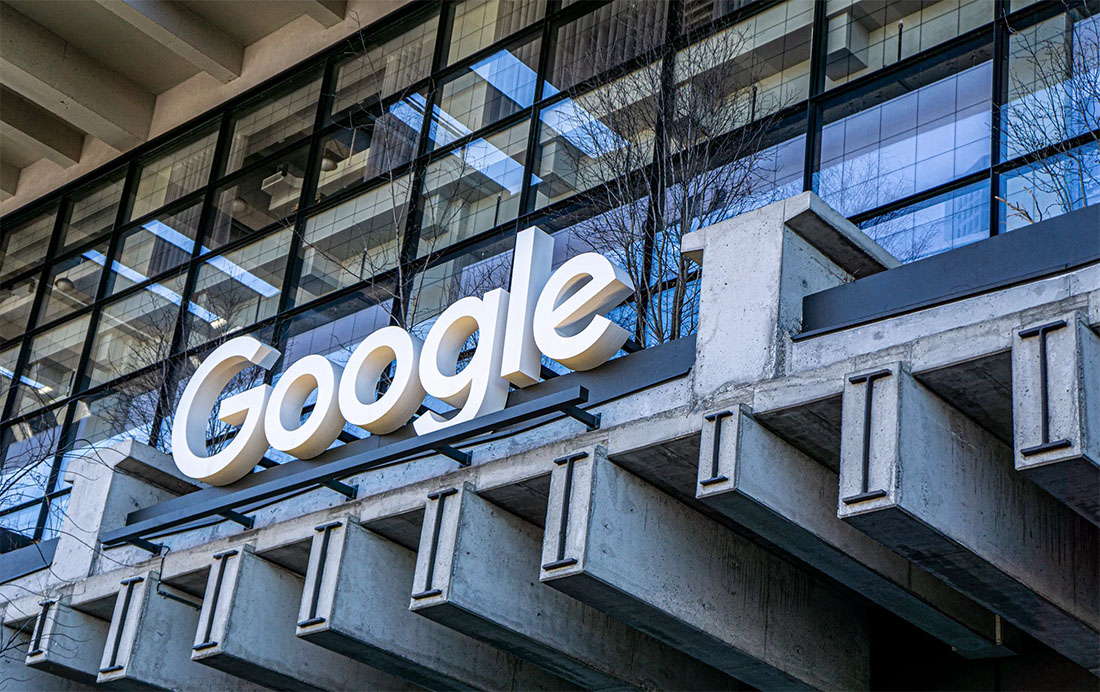
Photo Credit: Getty Images
Google, one of the biggeest tech empires, has agreed to pay $1.4 billion to Texas to settle lawsuits alleging the company illegally collected user data. The Texas Attorney General, Ken Paxton, made the announcement on May 9, 2025, marking the resolution of claims that Google tracked users' locations, searches, and even biometric data without proper consent. This settlement follows several years of growing scrutiny on major tech companies and their data practices.
The legal battles began in 2022 when Paxton accused Google of violating state privacy laws. The charges focused on multiple areas, including geolocation data, voiceprints, facial recognition, and the deceptive nature of Google's "Incognito" browsing mode. Paxton contended that despite users believing their data was private, Google continued tracking their online activities. The case also revolved around biometric data collected through services like Google Photos and Google Assistant, which allegedly gathered millions of voiceprints and facial recognition identifiers without explicit permission.
"Big Tech is not above the law," Paxton declared. He argued that the settlement sent a strong message to tech giants about the importance of user consent. He also underscored the severity of Google's actions, stating that the company secretly tracked user activities for years, ultimately profiting from this data without regard for privacy.
For its part, Google expressed satisfaction with putting these "old claims" behind them. A spokesperson for the company, José Castañeda, emphasized that the company had already implemented policy changes in response to similar concerns in the past. "We are pleased to settle these long-standing issues, many of which are now outdated," he remarked, further clarifying that no new product changes would be required as a result of the settlement. This deal also sets a record. The $1.4 billion is the largest amount any state has won in a settlement with Google over data privacy violations, surpassing previous agreements with other states. Notably, Texas had previously reached a similar settlement with Meta, also involving the unlawful collection of biometric data, signaling a broader push by the state to hold tech firms accountable for privacy violations.
While Google has faced multiple legal challenges, this settlement is part of a larger wave of actions against tech companies. Over recent years, it has been involved in several antitrust cases and privacy disputes, reinforcing the tension between innovation and regulation. Paxton's actions also highlight a growing trend where states, in the absence of federal laws, are increasingly stepping in to safeguard consumer privacy.The Texas settlement follows the state's aggressive stance on tech regulation, emphasizing consumer protection.
![]()
















